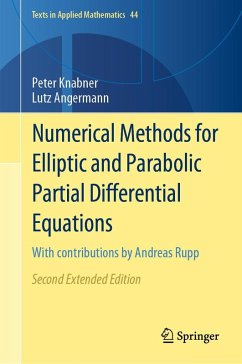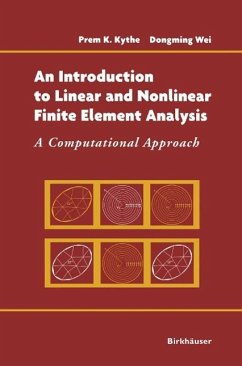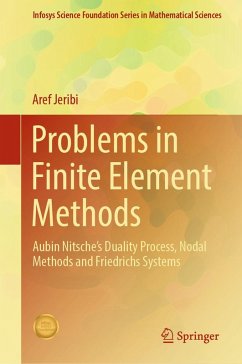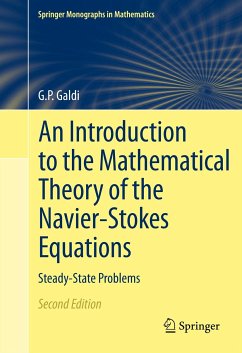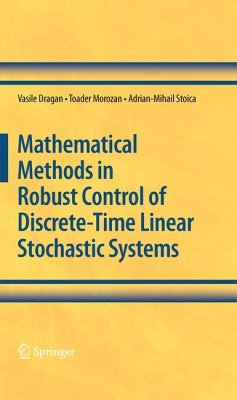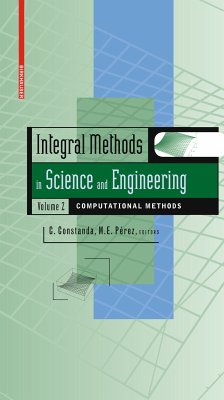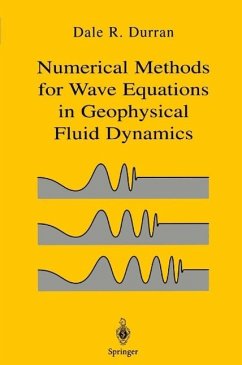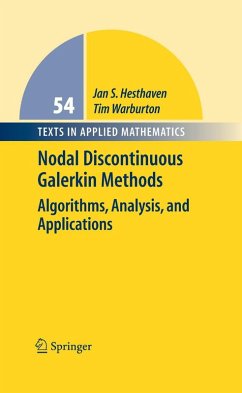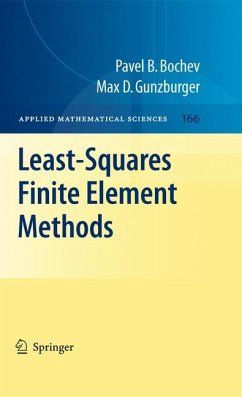
Least-Squares Finite Element Methods (eBook, PDF)
Versandkostenfrei!
Sofort per Download lieferbar
96,95 €
inkl. MwSt.
Weitere Ausgaben:

PAYBACK Punkte
48 °P sammeln!
This book is written to provide a common, mathematically sound foundation for least-squares finite element methods. It is intended to give both the researcher and the practitioner a concise guide to the theory and practice of least-square finite element methods, their strengths and weaknesses, established successes, and open problems.
Dieser Download kann aus rechtlichen Gründen nur mit Rechnungsadresse in A, B, BG, CY, CZ, D, DK, EW, E, FIN, F, GR, HR, H, IRL, I, LT, L, LR, M, NL, PL, P, R, S, SLO, SK ausgeliefert werden.



